Vegan Globetrotter is supported by our audience. When you purchase through one of our links, we may earn a small affiliate commission. As an Amazon Associate I earn from qualifying purchases. Your cost is not affected.
==================
Foods That Reduce Blood Pressure
Healthy eating is similar to taking blood pressure medicine. Except you won’t need a prescription, and there won’t be any unpleasant side effects. Pick carefully, eat, and repeat. For one thing, a high salt diet can link to high blood pressure. In this article, we gathered all the foods that reduce or lower blood pressure naturally which will be beneficial for your health.
Are you ready for more?
Some meals can raise blood pressure as well as ones that can reduce it. That information has even inspired an eating regimen. Dietary Approaches to Stop Hypertension, or DASH, is the name of the program. The Dietary Approaches to Stop Hypertension diet emphasizes consuming various fruits, vegetables, low-fat dairy, and other fiber-rich foods to help regulate blood pressure.
We’ve compiled a list of a few “yes” meals that can help you lower and regulate your blood pressure.
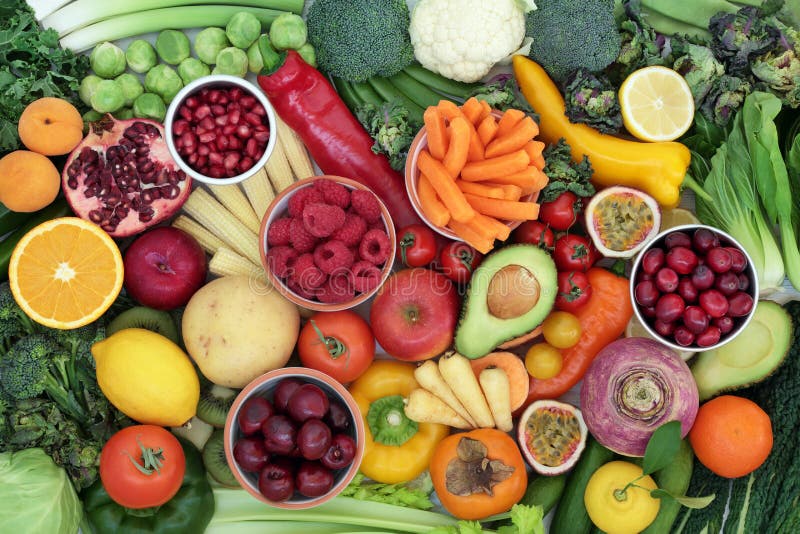
Fruits
-
Raspberries
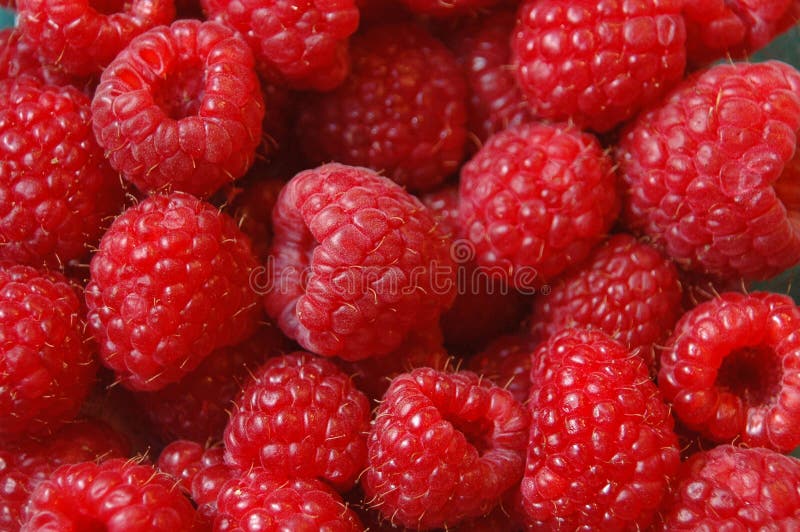
Raspberries are a popular berry that has a deep red color and a sweet, juicy flavor. Minerals, vitamins, and antioxidants are abundant in them.
Antioxidants in raspberries aid the body’s elimination of harmful chemicals known as free radicals. The body produces these chemicals during metabolic processes, while others result from external causes such as unhealthy diets and pollutants. Processed foods, as well as those rich in fat and sugar, are harmful.
Anthocyanins, a kind of flavonoid, have been proven to reduce inflammation, contributing to cardiovascular disease. Raspberries contain anthocyanins as well.
-
Prunes
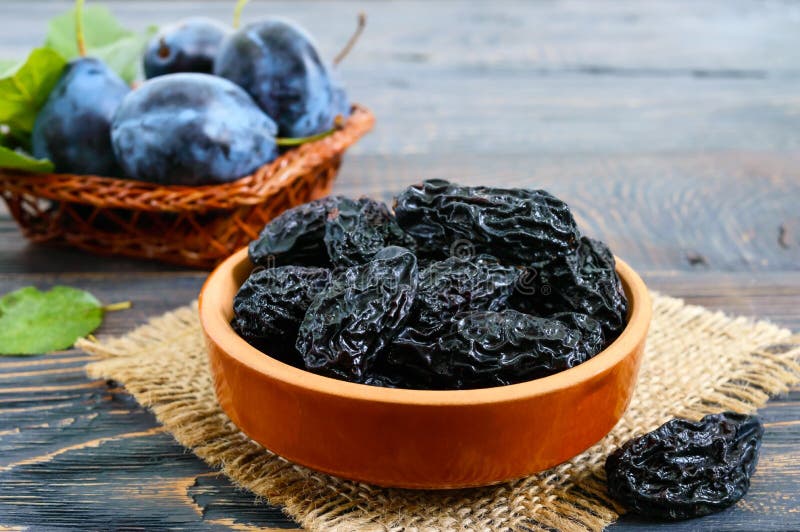
Plums and prunes have a lot of nutrients in them. They are high in fiber and antioxidants, as well as over 15 vitamins and minerals. They have characteristics that might aid with blood sugar management.
Despite their high carb content, plums and prunes do not appear to produce a significant spike in blood sugar levels after consumption. Prunes can raise adiponectin levels, which help regulate blood sugar levels.
Prunes’ fiber content may also play a role in their blood sugar-lowering properties. After a meal, fiber slows the pace at which your body absorbs carbs, enabling blood sugar levels to increase gradually rather than a surge.
-
Apples

According to studies, eating apples can lower the chance of developing high blood pressure and the consequences associated with hypertension, such as heart attack and stroke. As a result of these advantages, researchers estimate that eating one apple a day reduces the chance of mortality from any cause, at any age, by one-third compared to not eating any apples.
Regarding stroke prevention, those who eat the most apples have a 41% reduced risk of thrombotic stroke than those who eat the least. Apples may also protect against diabetes, dementia, and several malignancies, according to research.
-
Pears
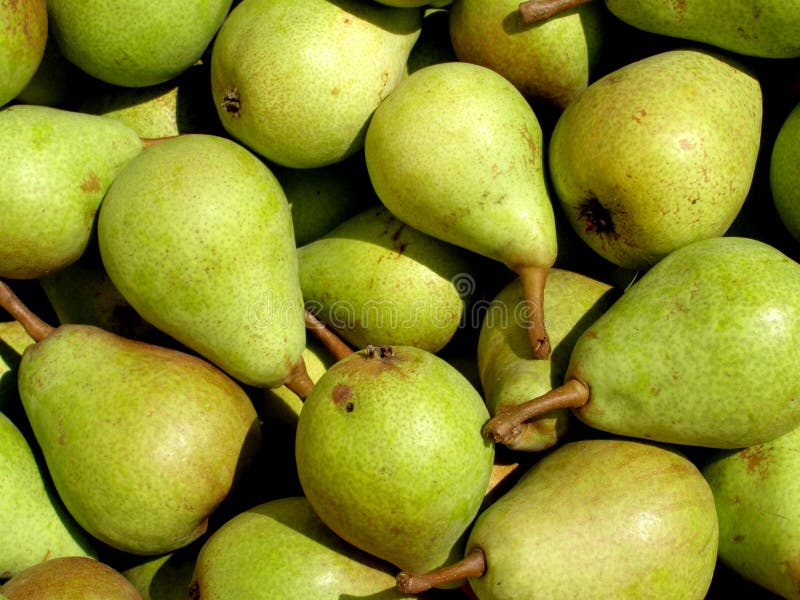
Pears, one of the most popular fruits on the planet, are a fantastic source of fiber and vitamin C, with just 100 calories per serving. One medium pear offers 24% of the daily fiber requirement.
Pears are sodium-free, fat-free, high in antioxidants, and include 190 mg of potassium, so they can help you lose weight when you substitute higher-calorie items in your diet. Potassium-rich meals decrease the effects of salt on blood pressure. Potassium also helps to maintain a healthy heart, muscular contraction, nerve transmission, and glucose and protein metabolism, among other things.
-
Apricots
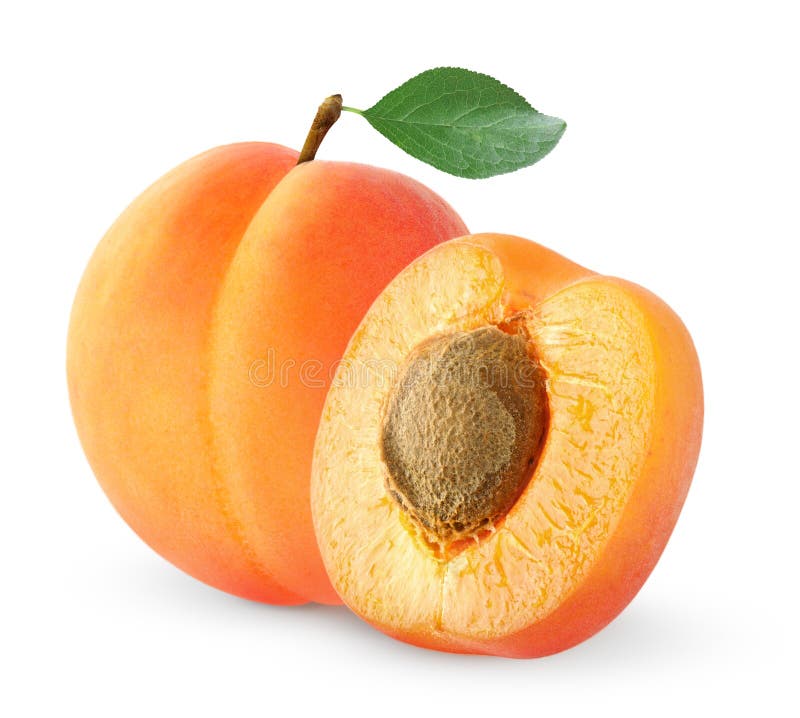
Make apricots a regular in your diet now to decrease your blood pressure and your risk of chronic illness. These vitamin C-rich, beta-carotene-rich fruits are the secret to healthy blood pressure, whether you put some on a salad, consume dried apricots as a snack, or add some to your favorite smoothie.
Apricots are high in a variety of vitamins and minerals. Vitamin A, vitamin B1, vitamin B2, vitamin B6, folic acid, vitamin C, potassium, calcium, phosphorus, zinc, copper, magnesium, and iron are all in dried apricots. This fruit can lower blood pressure by combining vitamin A and vitamin C. The fact that this fruit contains these two vitamins.
Vegetables
-
Cauliflower
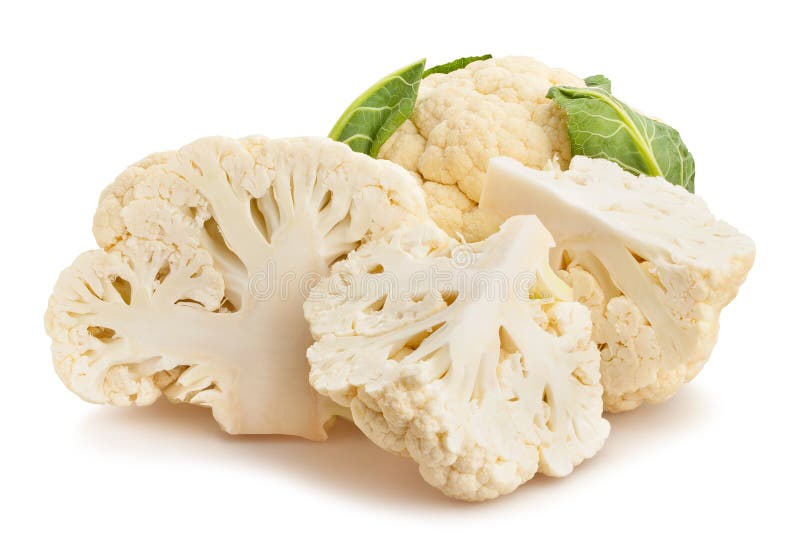
Indole-3-Carbinol (found in cauliflower) and other vegetables show results to help the liver’s detoxification processes. 3. It helps to lower high blood pressure. Cauliflower can help reduce blood pressure and increase HDL cholesterol (the healthy sort).
Cauliflower is a nutrient-dense vegetable with a long list of health benefits. It also includes unique plant chemicals that may lower the risk of various illnesses, including cancer and heart disease. It’s also weight-loss friendly and effortless to incorporate into your diet.
-
Sweet Potatoes

These sweet potatoes, which are high in potassium, can help you maintain a healthy heart. Increased potassium consumption allows you to excrete more sodium, which lowers blood pressure and lowers your risk of heart disease.
Sweet potatoes are high in both magnesium and potassium, two minerals that help keep blood pressure and renal function in check. They also include a lot of fiber, linked to a decreased risk of heart disease. When frying ordinary potatoes, their calorie and salt content rises. With sweet potatoes, this does not happen. Sweet potato french fries are a tasty alternative to regular potato fries.
-
Avocado

The famous avocados are abundant in oleic acid, which helps to lower blood pressure and cholesterol. Also, avocados are also high in potassium and folate, which are both beneficial to the heart. In addition, avocados are high in vitamin A, K, B, and E and fiber, making them an antioxidant powerhouse.
Moreover, avocados contain a lot of fiber, around 7% by weight, which is a lot compared to other meals. Fiber provides several health advantages, including weight loss, blood sugar management, and metabolic health. We strongly recommend these fantastic fruits if you want to reduce weight in the healthiest way possible while also regulating your blood sugar.
-
Broccoli
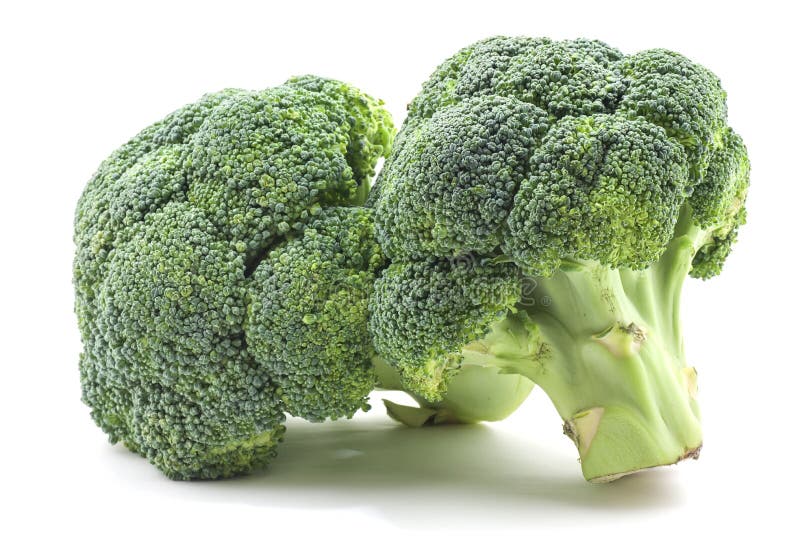
This wonderful green vegetable appears to be healthy for everything, even your blood pressure. Broccoli helps to lower blood pressure by supplying calcium, potassium, magnesium, and vitamin C.
Numerous studies have found that persons who are deficient in specific nutrients have higher blood pressure. Calcium and potassium aid in sodium excretion through the urine—magnesium and potassium help relax blood arteries and increase blood flow. Vitamin C is both a blood vessel strengthener and an antioxidant. Steaming or eating broccoli raw can help you get the most out of it. When you boil or microwave it in water, water-soluble nutrients like vitamin C are lost.
-
Mushrooms
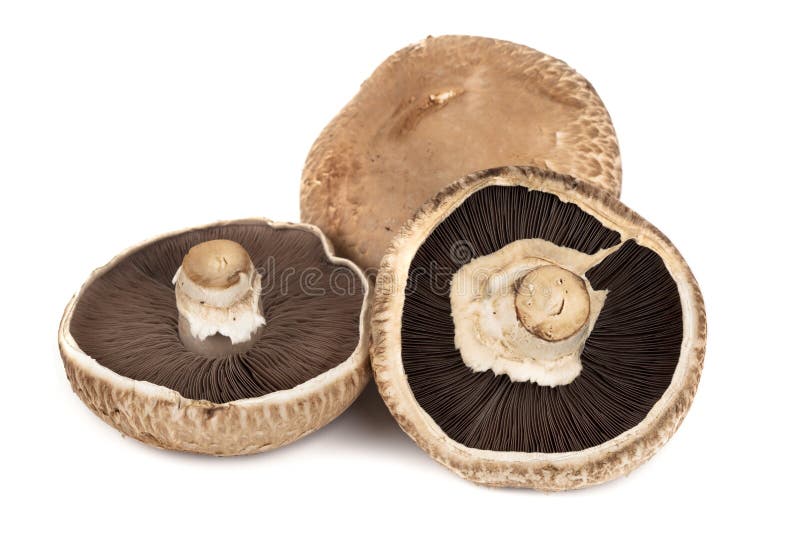
Mushrooms may be suitable for a lot more than just fueling your body. These mushrooms can aid in the reduction of cholesterol. They are beneficial to your immune system. They may help prevent or treat Parkinson’s disease, Alzheimer’s disease, hypertension, and cancer.
Because mushrooms contain glutamate ribonucleotides, they improve the flavor of dishes when used instead of salt. These chemicals give food a savory, umami flavor while not affecting blood pressure or heart disease risk. A cup of mushrooms contains just 5 mg of sodium! Mushrooms are also a delicious and fulfilling alternative for red meat in any meal, reducing calories, fat, and cholesterol.
Whole-grains
-
Oatmeal
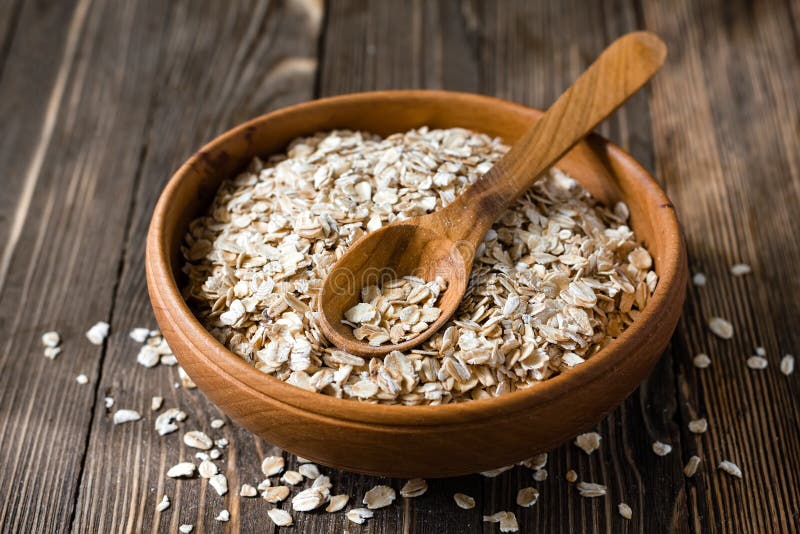
Go for the oats if you want to lower your blood pressure. In a study of people with high blood pressure, daily consumption of soluble fiber-rich whole-grain oats substantially reduced BP values. Some people’s blood pressure fell to the point that they needed less medicine.
Consider oatmeal in your diet rich in fiber and whole grains aids in maintaining healthy blood pressure. Including oat cereals in your regular diet can lower your chance of developing high blood pressure and aid in treating the illness if you already have it.
-
Granola

Oats, nuts, seeds, and dried fruit are nutritious granola ingredients that provide vital nutrients, including protein, iron, heart-healthy fats, and fiber (specifically, beta-glucan, a cholesterol-lowering fiber from oats.)
Granola’s capacity to reduce blood pressure is also good for your heart. It decreases the risk of atherosclerosis, strokes, and other potentially deadly diseases by relieving stress on the cardiovascular system. Fresh fruit, which is a tasty and popular combination for breakfast or a quick snack, should boost the potassium level of granola.
-
Cereal
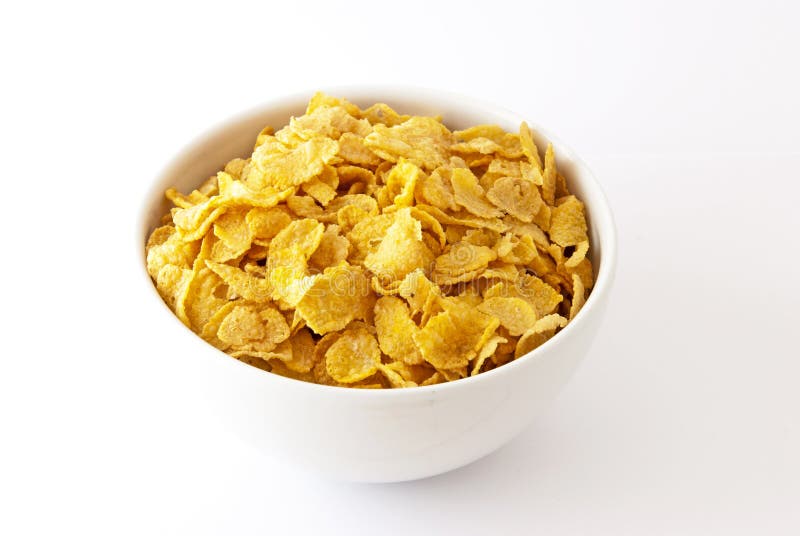
Breakfast cereal, in particular, might be a good source of both whole grains and dietary fiber. One of the simplest and most convenient ways to reap the benefits of whole grains is to have a bowl of cereal for the morning. Consumption of whole-grain cereal may be particularly beneficial in lowering the risk of high blood pressure.
-
Wheat bread

Your dietary choices may significantly impact your cardiovascular health, and eating the proper foods is an excellent way to keep your heart healthy. If you consume whole-grain bread daily, such as whole wheat, whole rye, and whole multigrain, you can lower your blood pressure. Look for bread that is 100 percent whole grain or has whole grain as the first ingredient on the list.
Whole grains contain the full-grain kernel and are unrefined to remove the bran and germ. Whole-grain meals are high in fiber, potassium, magnesium, folate, iron, and selenium, among other minerals.
These heart-healthy advantages can work together to help lower your blood pressure risk. If you already have high blood pressure, additional whole-grain items to your diet may help you decrease it.
-
Crackers
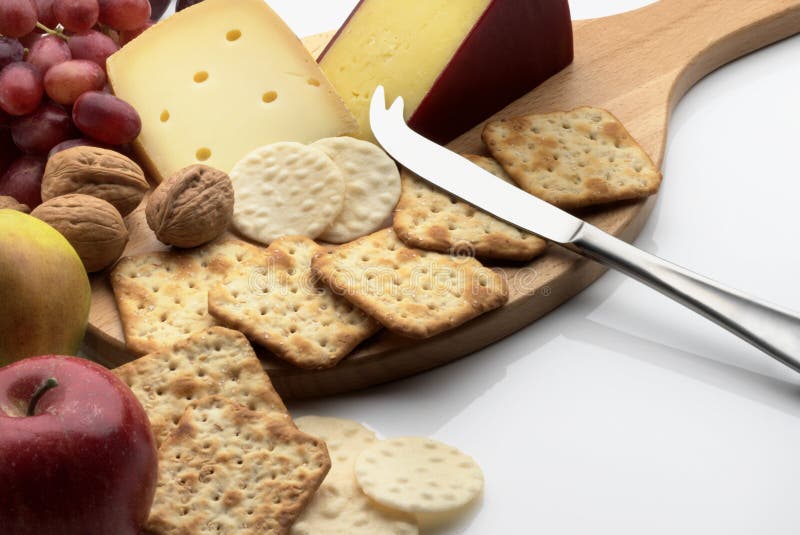
When selecting healthy snacks, don’t only seek ones with fewer fat and sugar calories. Whether snacks or big meals, everything you eat should work together to provide you with the nutrients you require. In addition, this can imply that you should pick snacks high in vital nutrients like protein and fiber as feasible.
Moreover, these crackers not only help you meet your daily nutritional needs, but they also keep you fuller for longer and don’t cause blood glucose levels to increase as rapidly.
Conclusion:
As we get older, the more that we need to take care of our health. Above our foods that reduce or lower your blood pressure naturally. There are a lot of options to choose from which are also convenient for you. Did these suggestions help you? Let me know what your thoughts are.



Don't miss out
when new recipes and information are added!
Join our newsletter for free recipes,
healthy living inspiration, and special offers
You have Successfully Subscribed!